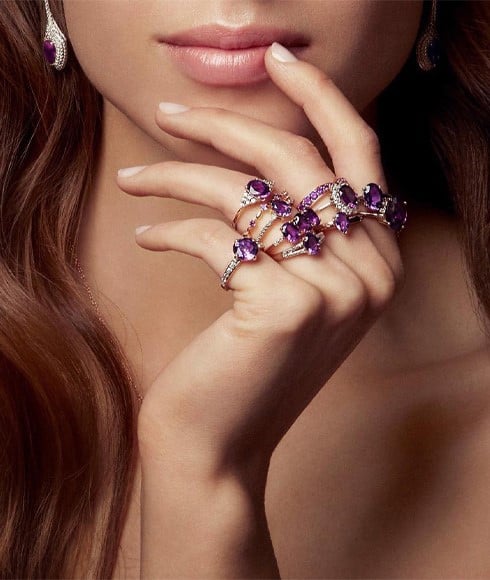It is important to know the value of your more expensive items of jewellery or loose gems, especially when it comes to insurance. Jewellery appraisals or valuations are normally carried out by a jeweller (somebody who makes jewellery) or a qualified valuer. However, the matter is always subjective, i.e. it is the opinion of the person valuing the jewellery. To complicate matters, there are also various types of valuation and to make matters even worse, you are going to need to gauge whether you believe your valuation is truly independent, as some jewellers don’t like valuing competitors pieces (I don’t blame them - I personally find it a massive conflict when I am asked to value my competitor’s work and do everything possible to avoid it).
For insurance purposes, you may need to receive a valuation based on replacing the item if it was stolen. For standard pieces of jewellery without gemstones this is never too much of an issue and most jewellers can offer this type of valuation. However, if your jewellery has a rare gemstone then the matter does become more complicated. In this case (especially if you are totally in love with the piece), you need to insist that the valuer gives a price that he would charge you to make an exact replica.
If they couldn’t make it themselves or source the gemstone, find another jeweller who can; the last thing you want is a valuation that does not cover you for a replacement.
The next type of valuation is for resale. This will always be lower than an insurance valuation, as effectively you are asking the valuer for a price that you could sell the piece for, given a reasonable period of time.
Another type of valuation is for probate or dividing up of estates. These types of valuations often tend to be at an even lower price, as they assess the price that could be achieved in a quick sale.

